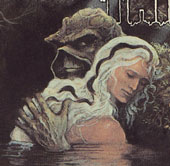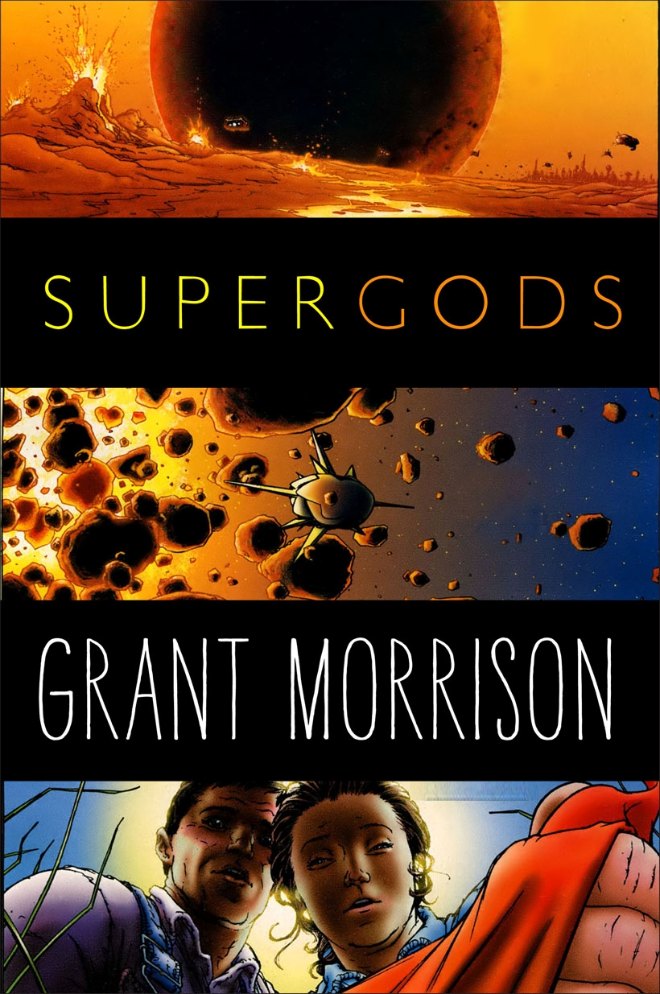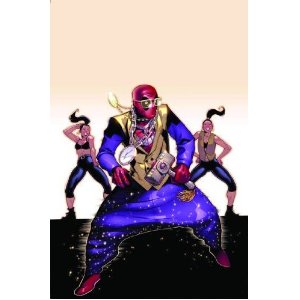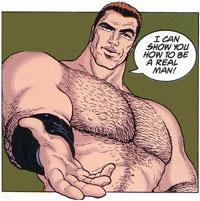 Is Flex Mentallo just a superhero story or is it something far more? Does it speak only to comic book fans or can it say something for everyone? Is it about childhood, adulthood, drugs, loss, hope, despair, the comic book marketplace, pain, healing, or all of these at the same time? And do you have to be on acid to understand Grant Morrison, or does it just help? Writer Troy Belford and indie cartoonist John Linton Roberson go on and on about all of this, and it’s a bit beyond the usual. Have a listen to this special mega-length episode…IF YOU DARE.
Is Flex Mentallo just a superhero story or is it something far more? Does it speak only to comic book fans or can it say something for everyone? Is it about childhood, adulthood, drugs, loss, hope, despair, the comic book marketplace, pain, healing, or all of these at the same time? And do you have to be on acid to understand Grant Morrison, or does it just help? Writer Troy Belford and indie cartoonist John Linton Roberson go on and on about all of this, and it’s a bit beyond the usual. Have a listen to this special mega-length episode…IF YOU DARE.
Podcast: Play in new window | Download

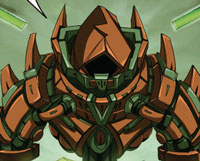

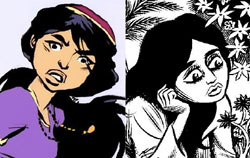
 This week, Tim talks to three guys who participated in San Diego Comicon earlier this month, to see what their objectives were for being there, how it went, and their advice to SDCC newbies.
This week, Tim talks to three guys who participated in San Diego Comicon earlier this month, to see what their objectives were for being there, how it went, and their advice to SDCC newbies.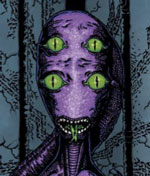 This week Tim and Mulele puzzle over “
This week Tim and Mulele puzzle over “